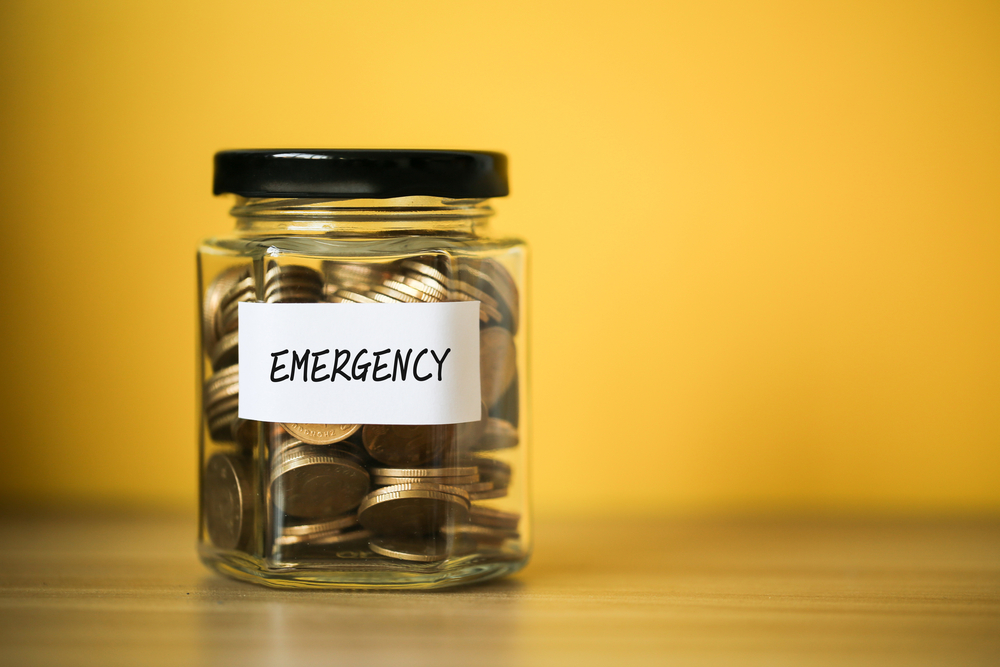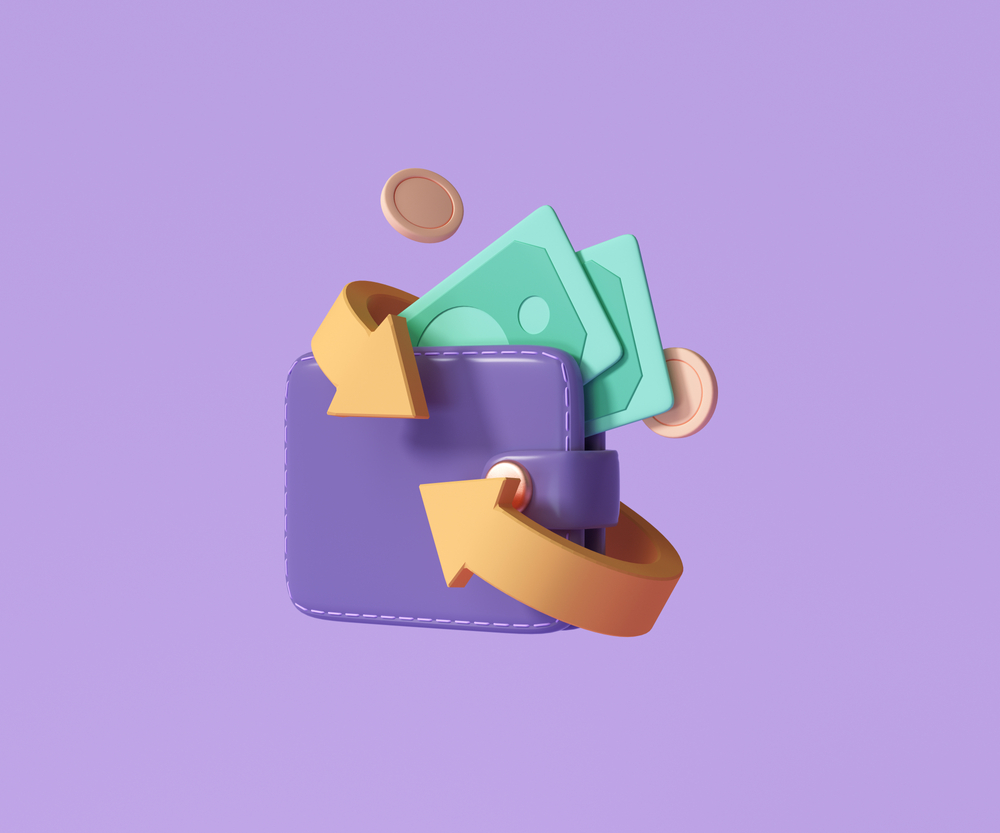The Covid-19 pandemic showed how important it is to have cash savings in case you lose your job or get sick for a long time and can't work. Even if you haven't lost your job or been sick, life can still throw you a financial surprise.
Suppose you start with no savings. You can read this article if you're ready to start an emergency fund, and it can help you. Six Simple Ways to Start Saving
Why should you keep an Emergency Fund?
It can be hard to plan your finances if you don't have enough money to pay for things that come up unexpectedly.

An emergency fund is a savings account that you can use in case you need money quickly. The money in an emergency fund or rainy day fund can be used to pay for things that you didn't expect to have to pay for, such as:
- Home repairs e.g. a leaky roof or major plumbing works
- Repairs to your car such as changing your shock absorber
- Medical bills for an unexpected illness or injury
- Living expenses after job loss
- Unexpected travel plans
It's important to know how much money to keep in a savings account for an emergency. As a general rule, it’s important to have three to six months' worth of your salary set aside in case of an emergency. Yes we know, that's a wide range, but knowing which end of the range to go for depends on a lot of different things.
Saving three to four months’ worth of your salary might be enough if:
- You're in good shape
- You don't owe much money
- You live in a cheap area
- If you lose your job, you'll be able to find another one quickly
- You don't have kids or anyone else who depends on your income (even if it's a pet)
- The job you have is very stable
- You have a partner or other family members who can help you with money
You want to save six months' worth of your salary if:
- It costs a lot to live where you live
- If you lose your job, it would be hard for you to find another one
- You have your own house (especially if you have an older home) and have to handle maintenance yourself
- Your job isn't very stable
- You have children, a stay-at-home spouse, pets, and/or other dependents
- You have expensive hobbies like going clubbing, travelling or renting expensive cars.
- You don't have anyone to help you with money
Many people will be a mix of these. But as a general rule, the less assurance you have about the future, the more you should be saving.
It is important to know where to keep your emergency fund.

It's important to think about where to keep your emergency savings after you figure out how much to save. Ideally, your emergency fund should be in a bank account that's easy to access and that earns a little interest. The amount of interest you earn isn't as important as having your savings ready and not at risk in the market.
Having high-yield savings accounts is a good idea because they can earn a lot of money and have fewer fees when they are offered by online banks. It's also possible for you to link your high-yield savings account to your checking account so that it's easier for you to move money between them.
The bottom line:
Having an "emergency fund" is a good way to save money for things that aren't planned. This can help you avoid taking on debt with a credit card or taking out a personal loan, which can be expensive.
Saving money for emergencies in a high-yield savings account allows you to earn interest while also making it easy to get the money when you need it.
Key takeaway.
In order to figure out how much money you need for an emergency fund, think about your budget and figure out how much money you need each month to pay for things like housing, food, and transportation. Once you do this, you will figure out how much money you need to save up.
Best of luck!







1 Comment
[…] How much can I afford to invest? Ensure your daily expenses and emergency funds are covered first.🔹 Do I have outstanding debts? Paying off high-interest debt should be your […]